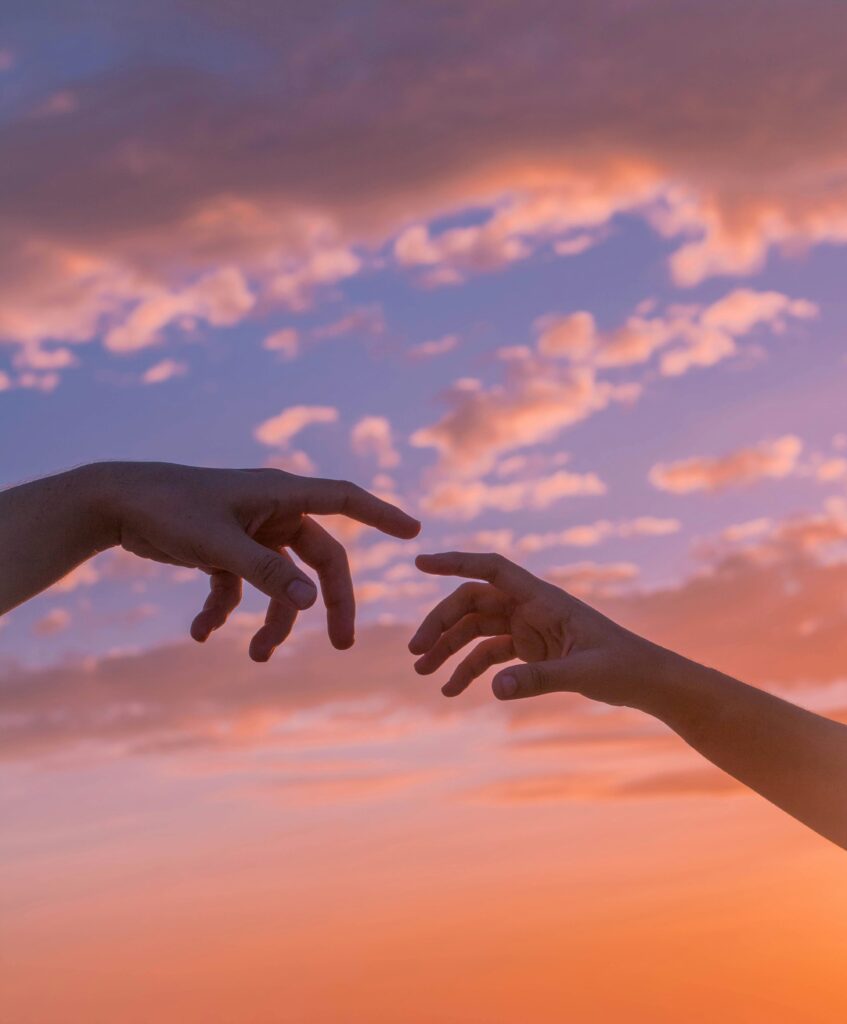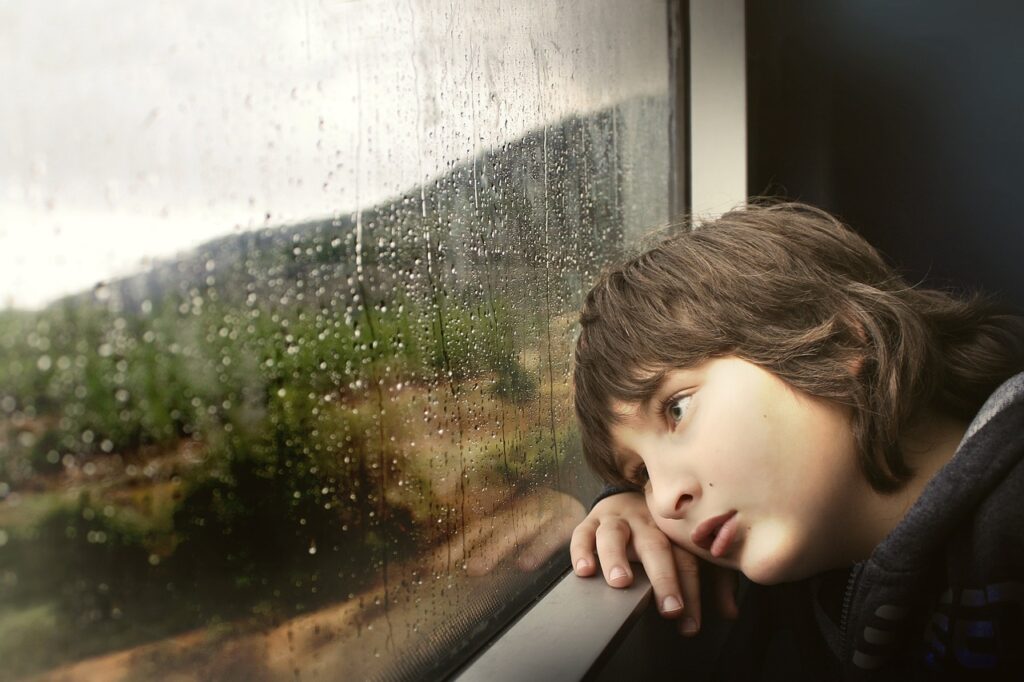Self-responsibility naturally follows self-mastery. While self-mastery teaches us to manage our thoughts, feelings, and behaviors within any experience—without trying to control, manipulate, or change that experience—it’s about conscious participation with a sense of separation. This separation lets us stay present and aware while not being overwhelmed.
Self-responsibility takes that foundation further. It asks us to look at the impact we have on the experience itself. It invites us to honestly examine how we choose to show up, and to decide whether our participation helps or harms the situation.
This reflection isn’t about blame or self-punishment. It’s a compassionate inquiry into what pain or unresolved wounds may still be driving our thoughts, feelings, and actions. Both self-mastery and self-responsibility rest on a base of self-acceptance—never cruelty or harsh judgment. It’s about granting ourselves the grace to be imperfect humans willing to own our behavior and, when necessary, make amends.
We live in a world where blame reigns supreme. We constantly seek someone or something to hold responsible for our experiences—often misplacing that blame. People and circumstances become scapegoats when we refuse to acknowledge or understand our own role in the story. True self-responsibility means we no longer place blame, even when it might seem like the natural or obvious choice.
The mantra of self-responsibility is simple but profound: “It’s not your fault I feel this way.”
The story of blame keeps us stuck because it depends on the other person owning up and apologizing—and often, that never happens. When we let go of the part of the story that focuses on what someone else did to us, we free ourselves to take responsibility for our own thoughts and feelings about the experience. This is what allows us to choose how we respond within ourselves. We are no longer at the mercy of the experience to avoid causing harm.
You become unshakeable and unfuckwithable—not because you’re armored up or trying to protect yourself, but because you know how to manage yourself within the experience and how to manage the experience within yourself.
Self-responsibility allows you to honor yourself within the experience by no longer making others responsible for your internal world. It becomes the framework for managing your inner life. You no longer need to rely on external circumstances or people to bring you peace—you can find it within yourself at any moment.
These skills are invaluable in a world that constantly demands your attention and seems to be unraveling. Learning to be okay with everything equips you to manage yourself in situations beyond your control. Let’s be honest: the world is one massive situation we can’t control. To live your normal life, you have to be able to manage yourself within it.
Sometimes in spiritual circles, we talk about disconnecting from the media—not streaming the news 24/7. But what’s the energy behind that choice? It’s not about defending your peace, or blocking out what you don’t like. It’s about consciously and without judgment deciding whether you want the news to be front and center in your life.
Just because you can make peace with something doesn’t mean you have to stay there. The choice is conscious, non-reactive, and free of judgment. You’re simply choosing not to invest energy into maintaining internal peace in situations where you have the power to walk away. Sometimes we talk about wanted and unwanted relationships. I don’t necessarily need to hold onto my relationship with CNN/FOX/ABC/MSNBC or the constant news cycle, but I might have a relationship with someone I care about that I want to hold onto anyway.
Self-responsibility and self-mastery give us the ability to choose relationships consciously—to hold on when it truly matters, and to release what no longer serves us, without drama, self-protection, or reactive turmoil. Once we’ve made the choice to stay in a relationship we care about, we turn back to our self-mastery skills. That’s because choosing to stay means managing ourselves within that experience.
If I decide to stay in a difficult relationship because I want it, then I need to be willing to use the power of self-mastery to do so without causing myself further harm. When I start demanding change from the other person, I’m only setting myself up for more pain. Conscious awareness lets us avoid that extra suffering.
The majority of people create unnecessary pain for themselves because we live in a world that teaches us to demand better treatment from others. It’s an ego-based habit rooted in self-protection. But the truth is—it doesn’t work. It keeps us locked in cycles of fighting and defensiveness.
We can drop the argument. We don’t need to defend ourselves, assign blame, or demand change. We can stay if we want to—consciously and peacefully—and we can leave if it’s time. That’s the quiet power of self-responsibility. It allows us to stop fighting with reality and begin living from a deeper, more grounded place of truth.
Self-mastery and self-responsibility don’t stop hard things from happening. They give you the tools to meet life with clarity and grace, to move through anything with intention, and to choose—freely and peacefully—the kind of life you want to live.
Love to all.
Della




